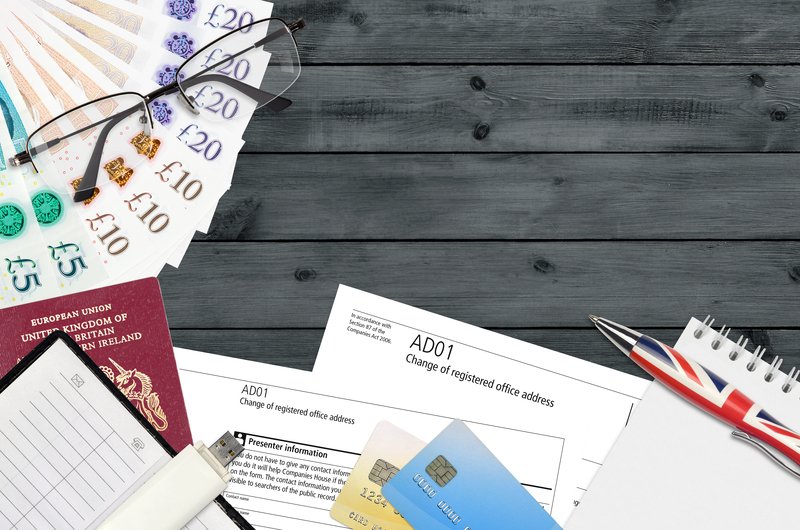Borrowing money from a bank to finance your business is a lot harder than getting a loan to buy a new car or to improve your home.
Banks have a number of tough rules that you need to know before you approach them for a business loan, and these rules have become even more stringent as a result of the credit crunch.
So, if you are a small business owner and are thinking of asking your bank for a business loan, here are some of the key factors you must bear in mind. If you address these issues, your application is far more likely to be successful;
Be clear what you are going to use the loan for
You need to demonstrate clear direction for your business, and exactly how the bank loan will fit in. That means a watertight business plan. Show how every single penny will be spent and what the expected returns are.
Banks will not be impressed by loan applications to pay your salary or “get you through a quiet patch”. Remember to keep your plans realistic. You don’t have to impress the bank manager, just show there will be a return on investment. A tidy and concise business plan will always help.
Demonstrate how your business can repay the loan
They are looking for reassurance that you will be able to make the repayments on your loan, so will want to see details of your cash flow and profit forecasts. To maximise your chances of getting the loan, these will need to show that your business is growing. Your accountant should be able to present your figures in the most appropriate way.
The bank will be keen to see what experience you have in your sector, and what kind of management team you have. Show that you invest in training and you are in this for the long-term. This all helps to give it confidence its money will be invested in people who know what they’re doing.
Remove or reduce the risk for the bank
Lending money is lucrative for banks, but fraught with danger. The costs of trying to get repayments from defaulters are high (especially during tough economic times). The more you can take the risk away for the bank, the easier it will be to get the loan, and you may even get better terms.
There are two ways to do this. The first is to put up some security – something you will lose if you cannot repay the loan. New businesses without assets may find this tough. And some banks won’t accept the items you are buying with the loan as security. Others will ask for personal security such as your house.
The other way to reduce risk is by putting in equity. Here you show good faith to the bank by loaning your own money to the business as well. This could involve you lending £1 for every £1 or £2 the bank lends.
Don’t just ask your business bank for a loan – shop around
Don’t just think of the bank you already use. Look out for banks that are heavily promoting their business banking credentials at the moment, or have special offers on.
Whoever you apply to will ask for trading records, directors’ information (if you are a limited company) and will run a credit check on your business.
Be prepared for loan covenants
Some banks may insist on a covenant to cover their loan. That’s a series of terms you must adhere to, or they will demand immediate repayment of the loan.
Typically these are common sense conditions such as maintaining a certain level of insurance, keeping any capital purchases you used the loan for, and ensuring a good cash flow.
Use the CAMPARI checklist
Finally, here’s a good checklist to ensure you have covered everything before your appointment with the bank. Some bankers use the drink “CAMPARI” for their list of requirements;
Character: Show you are a competent business leader with a good trading history in that sector and a sound management team
Ability: Show you will be able to repay the money
Means: Demonstrate you have the means and resources to run the business in a way the bank approves
Purpose: Be clear what the money is for and that you have thought it through
Amount: Demonstrate why you need that cash and how it will be spent
Repayment: Forecast your cash flow to show you can meet repayments
Insurance: Show you have removed risk from your business by taking adequate insurance to cover anything that could go wrong.
Subscribe to ByteStart's monthly small business owners' newsletter!

|
Free Tide Business Bank Account - up to £150 Cashback!Simply open a free business current account to qualify + 12 months free transactions. Read our Tide review. Open a Tide savings account at the same time and earn an excellent 4.07% AER (variable) on your spare funds. |











